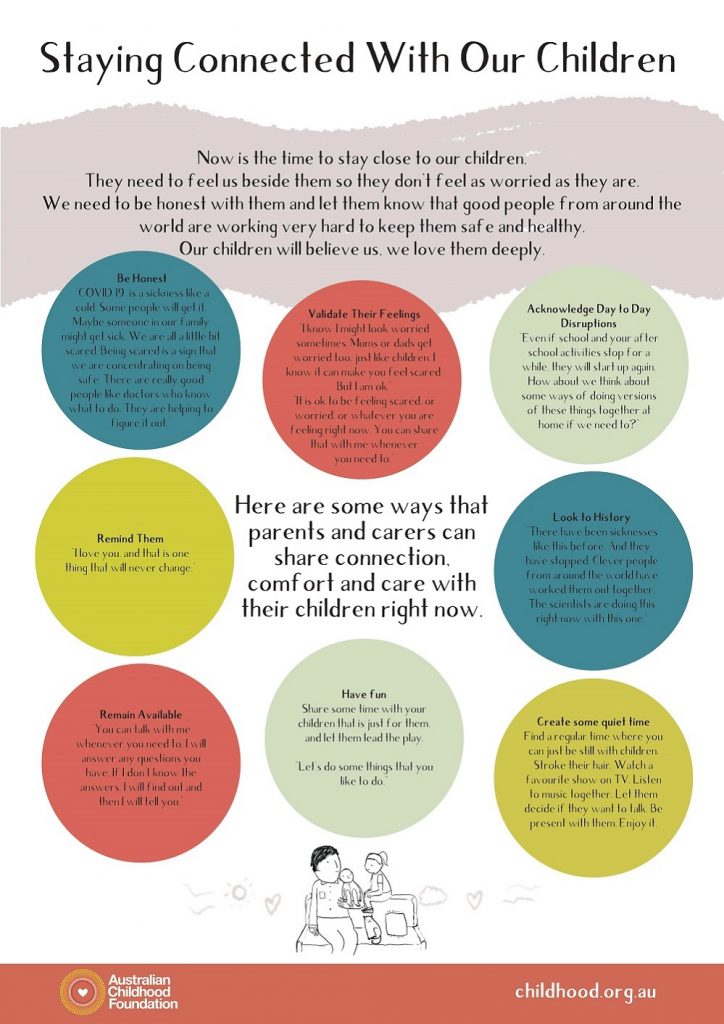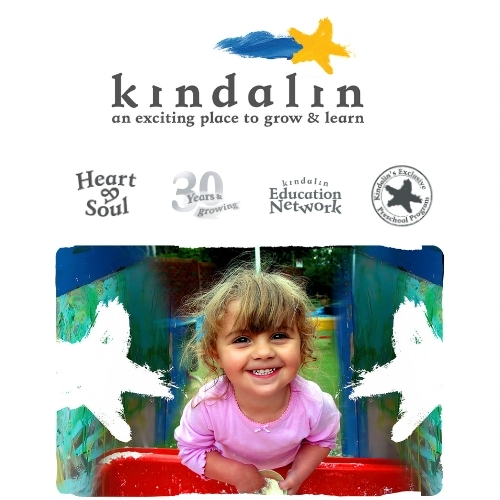Thinking about home schooling your child and attempting to work from home too? It’s a really stressful situation for both parents and kids. Dr Amanda Mullin from local Hills practice Mindworx Psychology has some advice on how to navigate this strange new world with kids front of mind.
These are extremely uncertain times and it’s important to think first and foremost about what your child needs. Our children can see, hear and feel the panic and unease around them. Their experience of ‘school closing’ has always meant time for play, relaxing, fun outings and time with friends – or holidays where the person caring for them is also on a break. It’s never meant sitting home doing ‘homework’. And it’s never meant doing 6 hours of homework and being yelled at for not concentrating properly, or for being too noisy because someone nearby is trying to work.
At school, your child works with a teacher who spends their day giving a room of children their attention. These wonderful, patient people take tea breaks and a lunch break. They practice good self care to be in a great space to teach. They don’t try to multi-task and make lunch or tidy up as they teach.
In this strange new world we’re living in, remember your child’s developing brain is not an adult brain. Tantrums, bad behaviour, oppositional behaviour – they’re all signs that your child is overwhelmed. Being overwhelmed might mean being scared, anxious, confused, finding the change hard, struggling with new ‘rules’ like not giving and receiving hugs and keeping our distance from people we’re usually physically very close to like friends, neighbours and relatives. It’s hard for a child to understand why hugging someone, why hugging their friend is dangerous – why the very things we seek for mental wellbeing (social real world contact) are being withheld.
So how can we help our children?
Take some downtime. Ensure you and your child go for a walk or a bike ride, focus on mental health and prioritise your own self care so you have lots of patience.
Make space for it to be a challenge for your child – it’s ok for this to be hard for them and this may mean they’re difficult, frustrated, emotional, oppositional and bored.
Keep a routine and make it gentle. Include lots of sunshine, craft or soothing sensory activities.
Slow the pace – this is all unfamiliar, for both parents and kids. Give your child time to adjust – weeks, not days.
And most of all remember that your child will catch back up. Let’s be in this together. Good mental health is a critical asset and it’s important to protect your mental health and that of your child. Because (and who would ever have imagined writing this…) your mental health and your child’s mental health is much more precious than toilet paper. Make it your focus.

Image courtesy of childhood.org.au

























